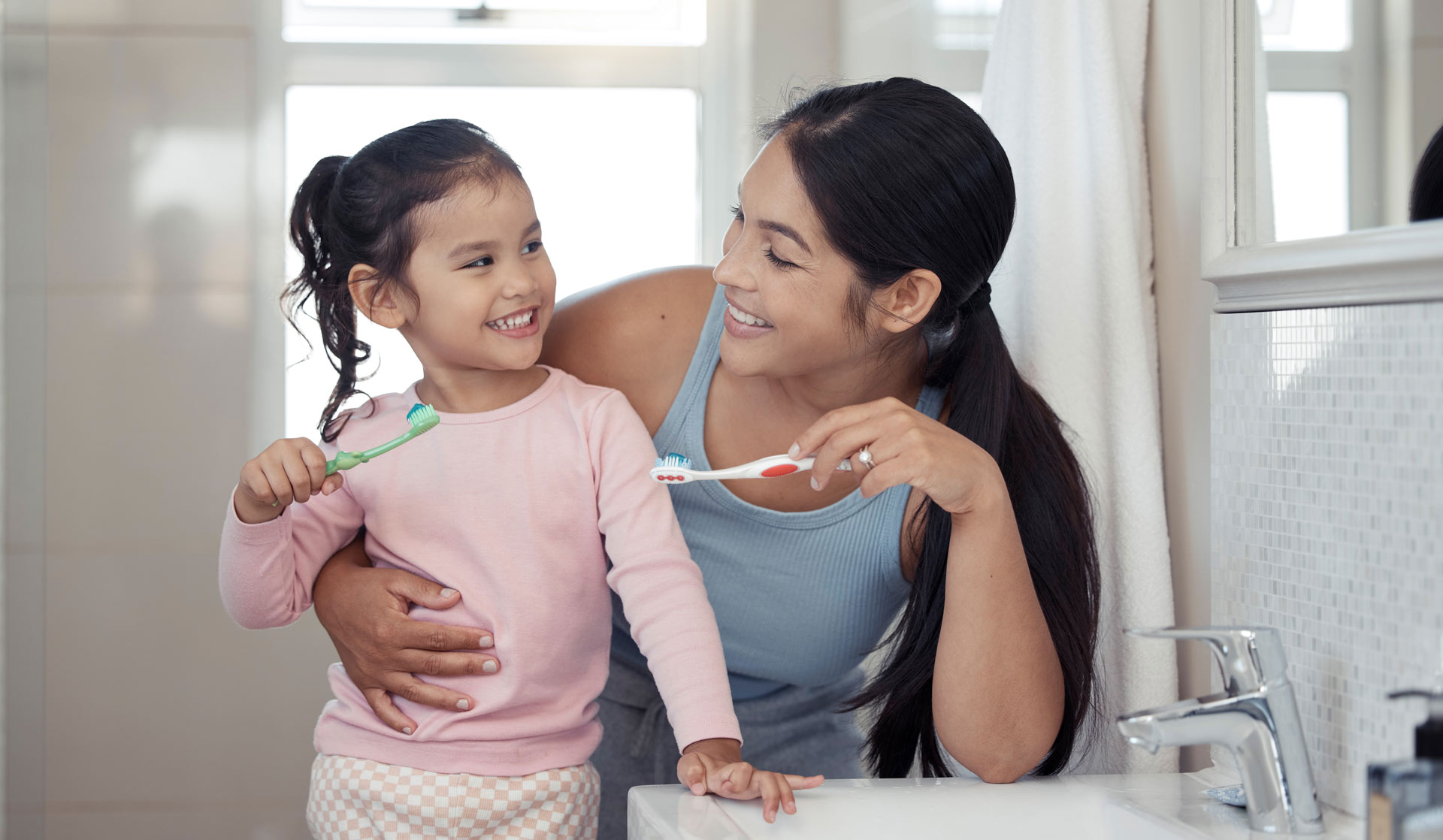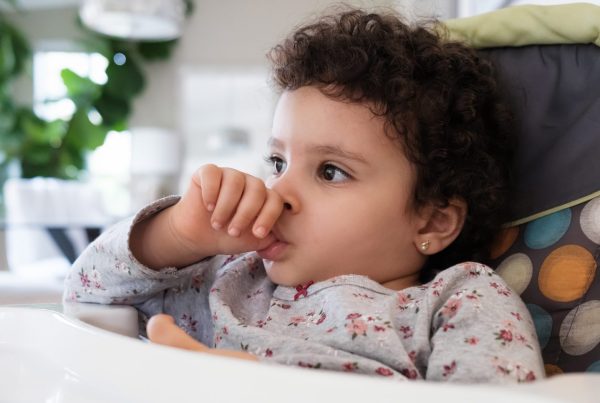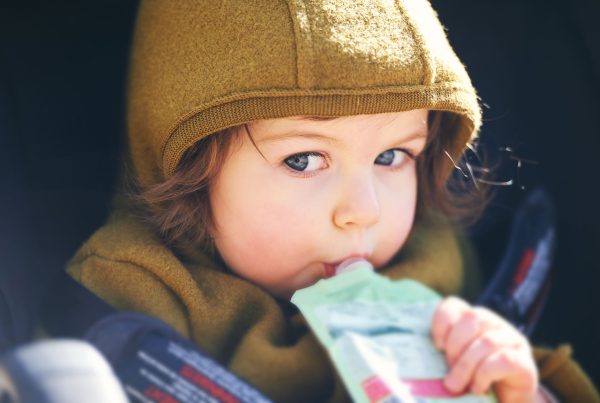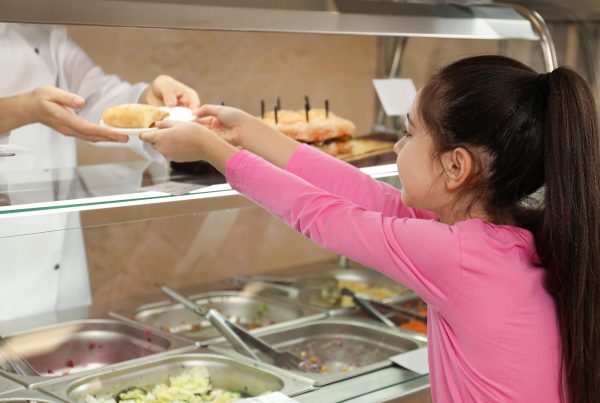“Don’t worry – it’s only their baby teeth.” This is something dental professionals hear a lot when young children’s baby teeth (also known as milk teeth or primary teeth) are decayed or need fillings or extractions.
It’s easy for parents or carers to believe that primary teeth are less important than permanent teeth because they are going to fall out anyway. However, children’s first teeth really do matter and are essential to children’s good oral health and overall health – all the way to adulthood.
The role of primary teeth
Primary teeth act as ‘placeholders’ for the adult teeth, as the roots of the primary teeth keep the growing adult teeth in their correct position in the jaw bone. In fact the adult teeth are already growing in the jaws below the primary teeth when your baby is born.
If primary teeth are lost too early, other teeth move into the space and block the path of the incoming adult teeth, which can cause overcrowding and misalignment. Similarly, losing teeth early can interfere with a child’s speech development and the proper development of the jaw, muscles and adult teeth.
Tooth decay in primary teeth can be painful and can quickly lead to other more serious problems. If a tooth continues to decay it can reach the dentine under the enamel making the tooth more sensitive to hot and cold drinks and food. If the decay is extensive and reaches the nerve in the centre of the tooth, it will require extraction.
Sadly, tooth decay is the most common reason six- to 10-year-olds are admitted to hospital in the UK. In England, more than 42,000 teeth were extracted from under-19s in 2021-22. But what’s important to remember is that tooth decay is almost entirely preventable.
Brush as soon as teeth appear
Of course babies can’t clean their own teeth! As soon as the first tooth appears, parents and carers should begin brushing the tooth with a smear of fluoride toothpaste containing no less than 10,000 parts per million (ppm) of fluoride. It will tell you on the tube how much fluoride the toothpaste contains, and you can easily find toothpaste especially formulated for each stage of childhood at your local pharmacy.
For older children use a pea-sized amount of toothpaste. You should supervise tooth brushing until you child is at least 7 years old.
Healthy alternatives
To help prevent tooth decay, try to limit your child’s intake of sugary food and drink. Avoid sugary snacks such as cakes, biscuits and sweets between meals and before going to bed.
Tooth-friendly snacks include cheese, fresh fruit and raw vegetables (maybe with a savoury dip), crackers or breadsticks. The safest drinks for teeth are plain water or milk.
In the first years of their lives, many babies are fed using a bottle, but prolonged bottle use can have a detrimental effect on a child’s dental health. A new campaign to ‘bin the bottle’ has been launched by the Bradford District Care NHS Foundation Trust to encourage parents and carers to use a free-flowing feeder cup instead after the age of one.
Drinks flow much slower through a bottle meaning a baby’s teeth are in contact with sugary substances for longer, increasing the risk of tooth decay. Swapping to a cup can significantly reduce this risk.
Bring them in early
Bring your baby to the dentist as soon as their first tooth appears or at least before their first birthday. A dentist is the best person to check that all is well at regular appointments. It’s also a really good idea to get your baby used to the sights, sounds and smells of a dental surgery as early as possible, so bring them along with you for your own check-ups.
Taking care of primary teeth is as important to young children as having healthy permanent teeth is to older children and adults. While primary teeth are not permanent, good dental hygiene, a more healthy diet and regular check-ups with your dentist can help prevent the need for more extensive dental work in the future, and set up good oral hygiene habits for life.
For professional advice on looking after both your children’s and your own oral health, call us on 01482 565488 to make an appointment with one of our experienced team.



